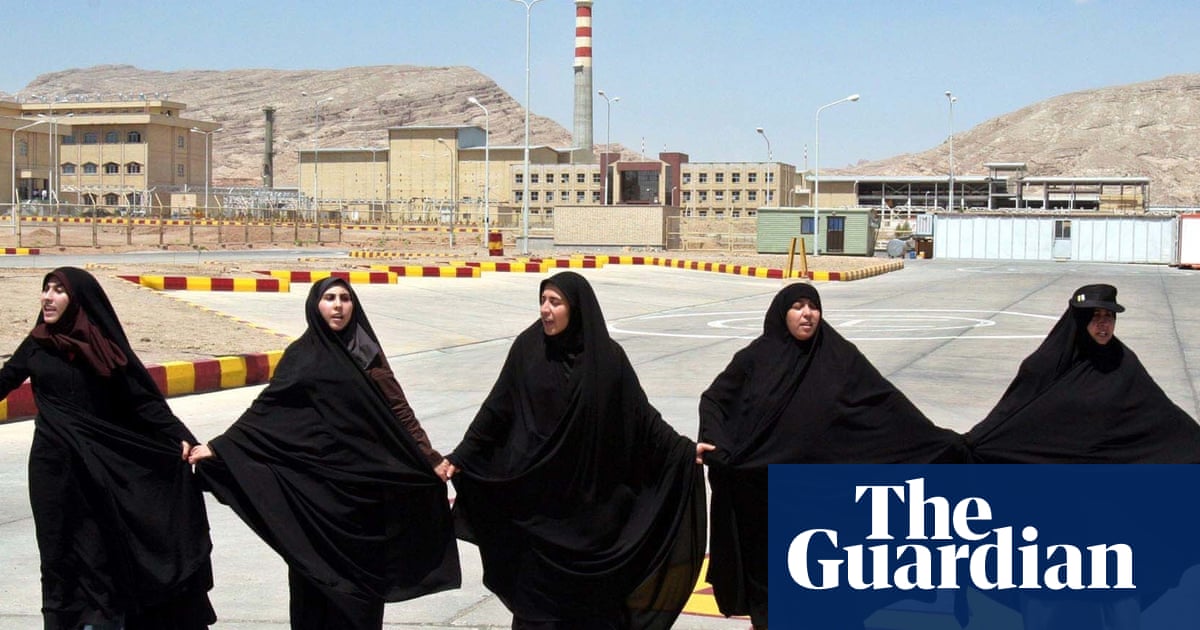
"The Iranian insistence on uranium enrichment roots back to the 1978 revolution's principles—democratic, Islamic, and chiefly, independence from colonial powers."
"What once seemed a mere historical detail now illuminates current tensions between Iran and the US, evidencing the ongoing struggle for autonomy."
In October 1978, two key Iranian opposition figures, Karim Sanjabi and Ayatollah Khomeini, convened in Paris to finalize their revolutionary aims against the Shah. Although from different backgrounds, they united under three principles: democracy, Islam, and independence. Khomeini's addition of independence reflects Iran's historical exploitation, shaping its current stance on nuclear enrichment amid tensions with the US. This adherence to past principles explains the complexities in negotiations over Iran's nuclear program and the subsequent military actions against it today, suggesting a deep-rooted quest for sovereignty that continues to influence Iran's policies.
Read at www.theguardian.com
Unable to calculate read time
Collection
[
|
...
]